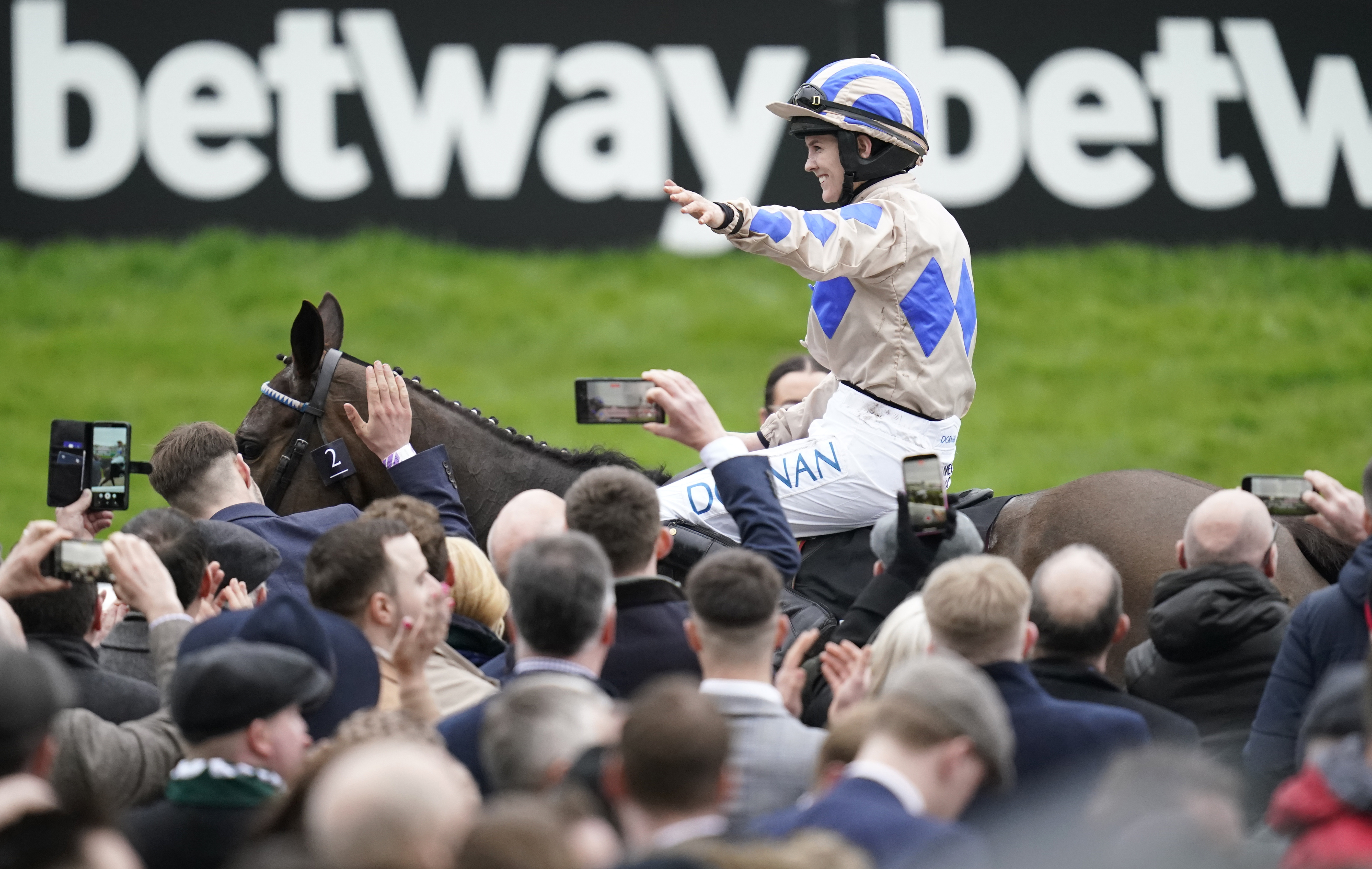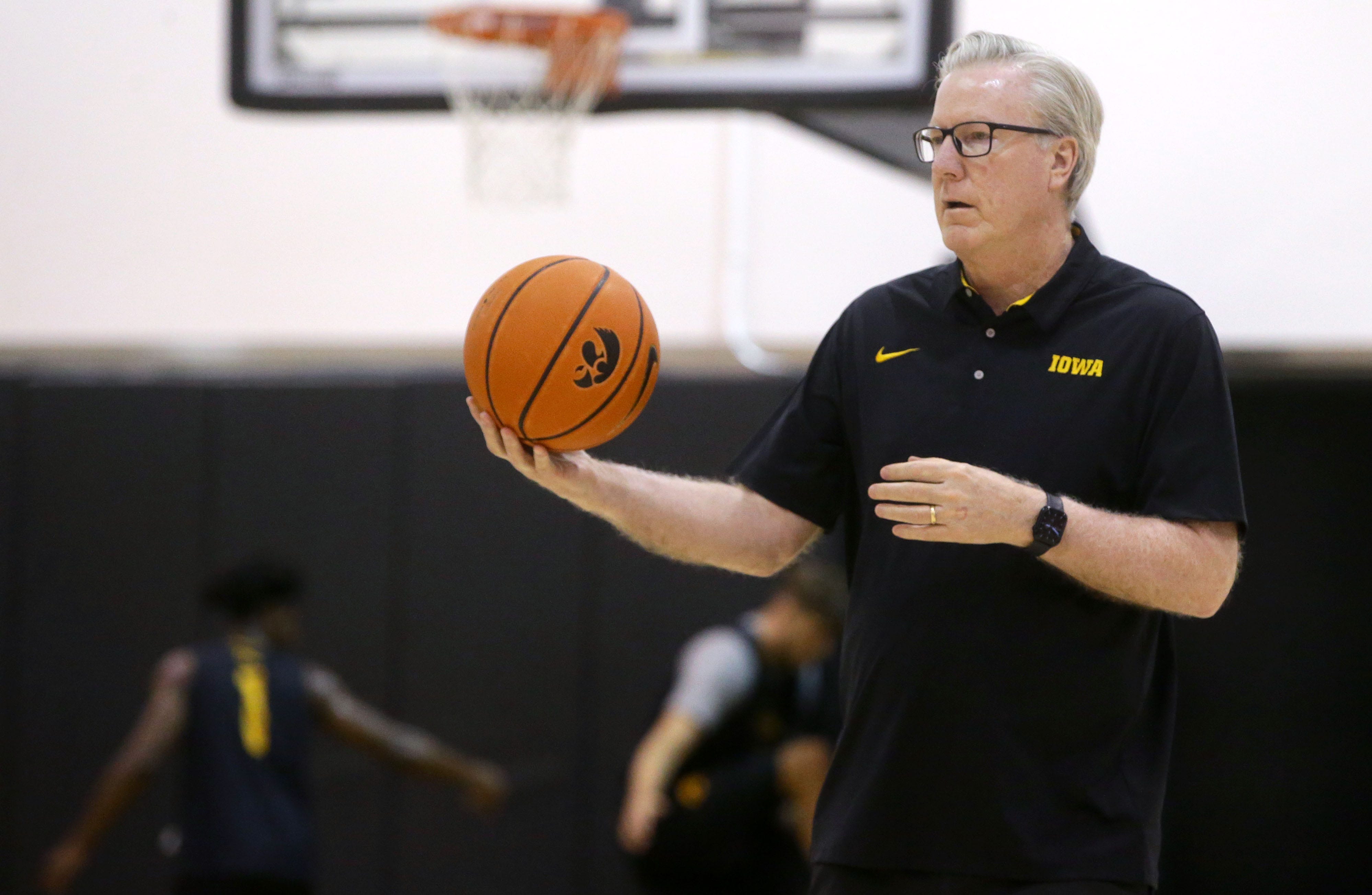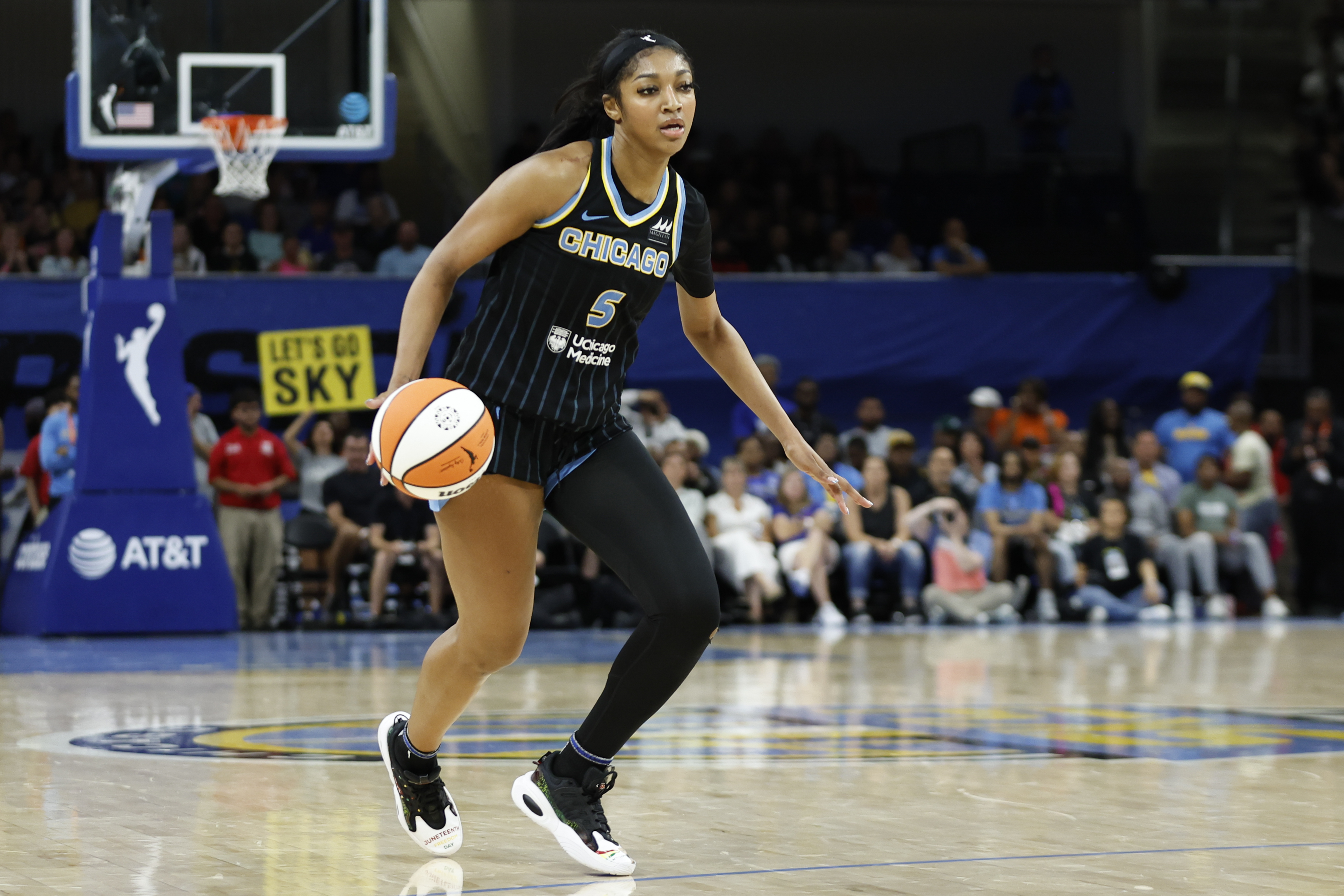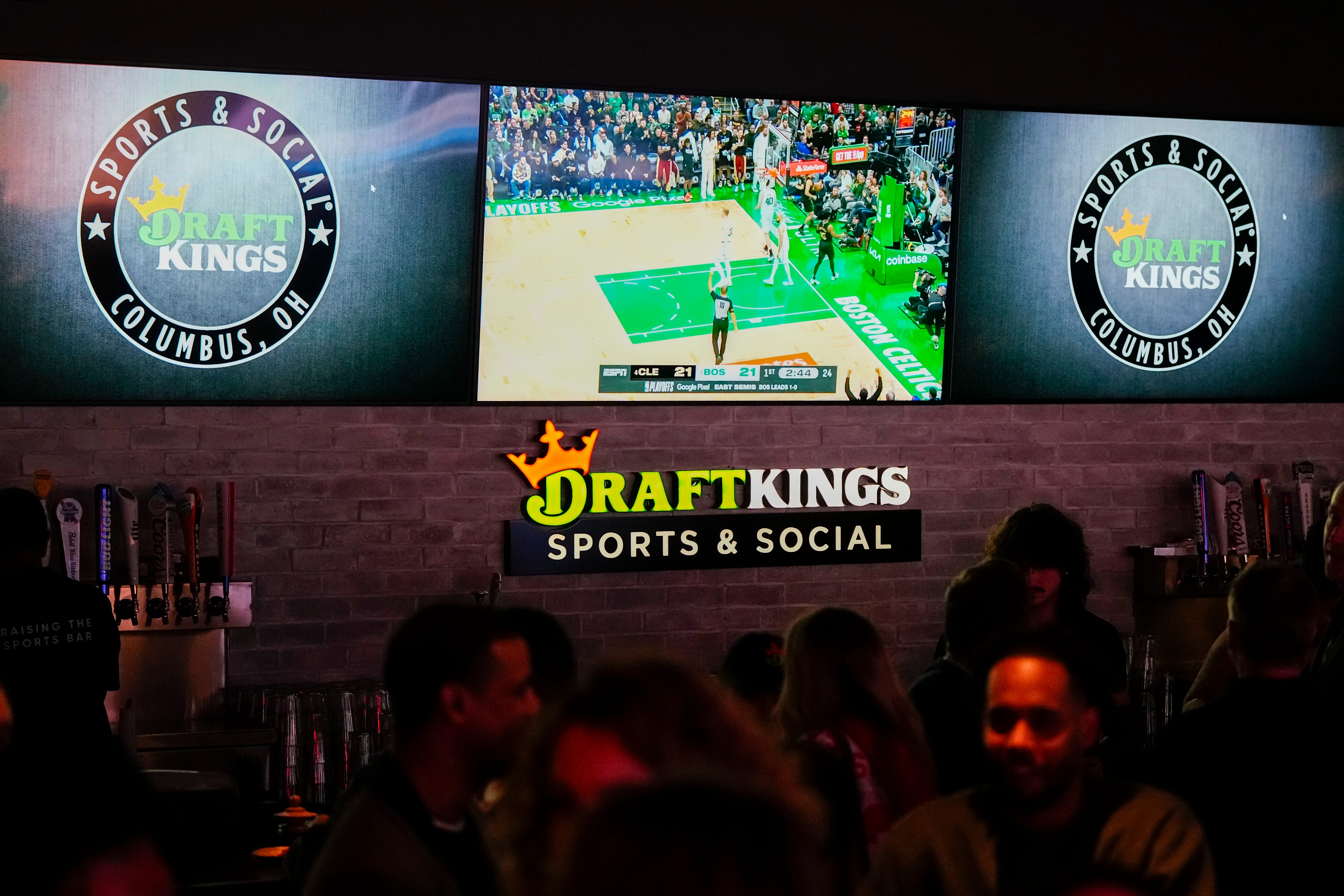Minnesota Pushes Sports Betting Bill Forward, But Challenges Still Loom
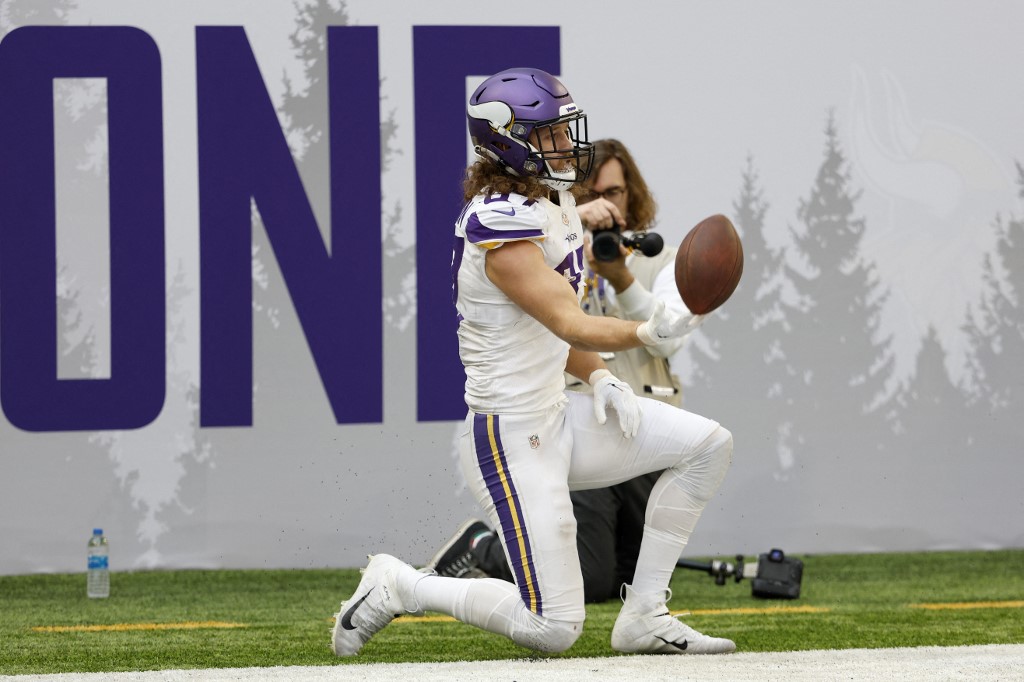
For the third week in a row, the Minnesota Legislature has advanced its sports betting bill after holding hearings in both the House and Senate.
On March 9, HF 2000 passed its third committee, the House Committee on Public Safety Finance and Policy, marking another successful step forward. Prior to this, the bill had already been approved by the Commerce, Finance, and Policy Committee and the Judiciary Finance and Civil Law Committee, both within the House.
This legislation, which permits retail and statewide mobile sports betting through exclusive wagering licenses given to the state’s 11 tribal nations, is now moving to the State and Local Government Finance and Policy Committee for additional evaluation. It still has several more steps to go through before reaching the House floor.
During the recent committee session, Rep. Zack Stephenson, the bill’s sponsor, revealed that he included new language to mandate operators to provide aggregated sports betting data to the University of Minnesota. This data will be used for research purposes to uphold the integrity of sports betting and enhance services for problem gambling.
Susan Tucker, the executive director of the Minnesota Alliance on Problem Gaming, recommended this amendment, which was ultimately passed with the bill. Rep. Stephenson is emphasizing the investment in responsible gaming as a key selling point, stating, “We would allocate more resources than ever before to address this issue.” He highlighted during Thursday’s committee hearing that this investment would be the largest of any state in the country.
One factor to consider is implementing a “waiting period” between bets to discourage sports bettors from placing multiple wagers in quick succession.
Racetracks want in on Minnesota sports betting
The current version of the bill grants exclusive sports betting rights to Minnesota’s 11 tribes, while professional sports teams and horse-racing facilities are not eligible for licenses. This would allow the tribes to collaborate with popular sports betting apps such as FanDuel and DraftKings to provide mobile sports betting services in Minnesota.
The state’s professional sports teams and the Minnesota Indian Gaming Association are backing this plan. In the past, the racetracks have been a major obstacle to passing similar bills. Their absence in this year’s legislation is likely to be a point of contention for critics. In a previous session, Stephenson introduced a bill that made it through the House but failed in the Senate due to its lack of inclusion of the racetracks.
Rep. Brad Tabke has been assigned the responsibility of finding a way to garner support for HF 2000 in regards to horse racing. Rep. Walter Hudson has also expressed his desire to have tracks involved in this solution. During a Thursday hearing, Tabke mentioned that they are currently working on an amendment that is showing significant progress, although it is not yet finalized.
Senator Matt Klein, the sponsor of SF 1949 in the Senate, emphasized the importance of respecting tribal sovereignty while also considering how to include racetracks in the bill when it is reviewed by the State and Local Government Committee. He made it clear to his colleagues that tribal exclusivity over wagering licenses is a non-negotiable principle, marking a notable shift in Senate support compared to the previous year.
However, several senators on the Commerce and Consumer Protection Committee advocated for the inclusion of the tracks in the bill, with some stating they would not support it otherwise. Klein acknowledged that the bill could not progress without their support, suggesting that both sides may be willing to find a compromise.
The problem of tribal sovereignty
The topic of mobile sports betting in Minnesota is currently at the center of the debate.
Rep. Stephenson recognized that the current shift towards mobile sports betting is being overseen by a sovereign nation, even though it takes place outside of reservation boundaries. The latest draft of the bill excludes horse tracks but specifies that the location of a mobile sports wager should not dictate where the bet is placed or received.
This language suggests that in Minnesota, a mobile bet placed anywhere that passes through a server on tribal land would be deemed as having been made on that tribal land. The Seminole tribe in Florida also attempted a similar strategy, and the legality of its agreement with the state using this interpretation is currently under review by a federal court after initially being rejected.
Despite the recent progress made in the last three weeks, the possibility of legalizing Minnesota sports betting is still uncertain due to numerous unresolved issues that must be addressed before the legislature adjourns on May 22, if it reaches that point.


